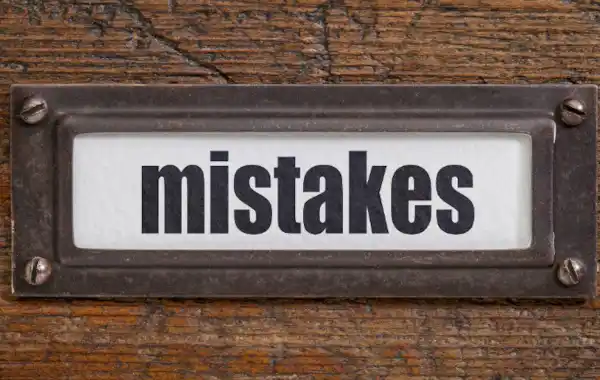26 April 2016
|
In Family Tree May, genealogist Emma Jolly helps you sharpen your research skills by revealing 10 simple rules that will help you
In Family Tree May, genealogist Emma Jolly helps you sharpen your research skills by revealing 10 simple rules that will help you avoid the most common tree-tracing errors. Here we're giving you 10 of her top tips, but you will need to grab the issue to fully benefit from her expert insight.
- Check everything!
- When using Ancestry’s ‘hints’ feature in its online trees, choose the ‘Maybe’ option when you are unsure.
- Double-check place names; did your London-based grandfather really marry in Edmonton, Alberta rather than Edmonton, Middlesex?
- Record your own family history details (eg the date and place of your own christening; dates of attendance and full addresses of your nurseries and playschools; early church/Sunday School/synagogue/mosque/temple attendance); it’s surprising what we don’t know about our own lives!
- Keep up to date on family history news; such as when a dataset from a specific archive, church or cemetery is added to the internet. Reading Family Tree and following relevant social media or blogs should help with this.
- Check original records; if there is only one copy of the record you need, but you don’t have the time or opportunity to visit the specific archive, employ a professional researcher (such as those of the Association of Genealogists and Researchers in Archives – AGRA – www.agra.org.uk) or ask if the record office offers a copy service.
- Talk to people; relatives, friends, fellow family historians and staff at your local record office can often help with your research, even if simply exchanging ideas.
- Read original records carefully!
- If you spot an error involving your family tree online, send a polite email to the site owner or add a comment to the relevant section of the website.
- Revise your family history research; reading it over a second time may reveal mistakes.
To read the full article get the May 2016 issue of Family Tree from Pocketmags.com or subscribe and save. Family Tree May is in the shops until 11 May 2016.








